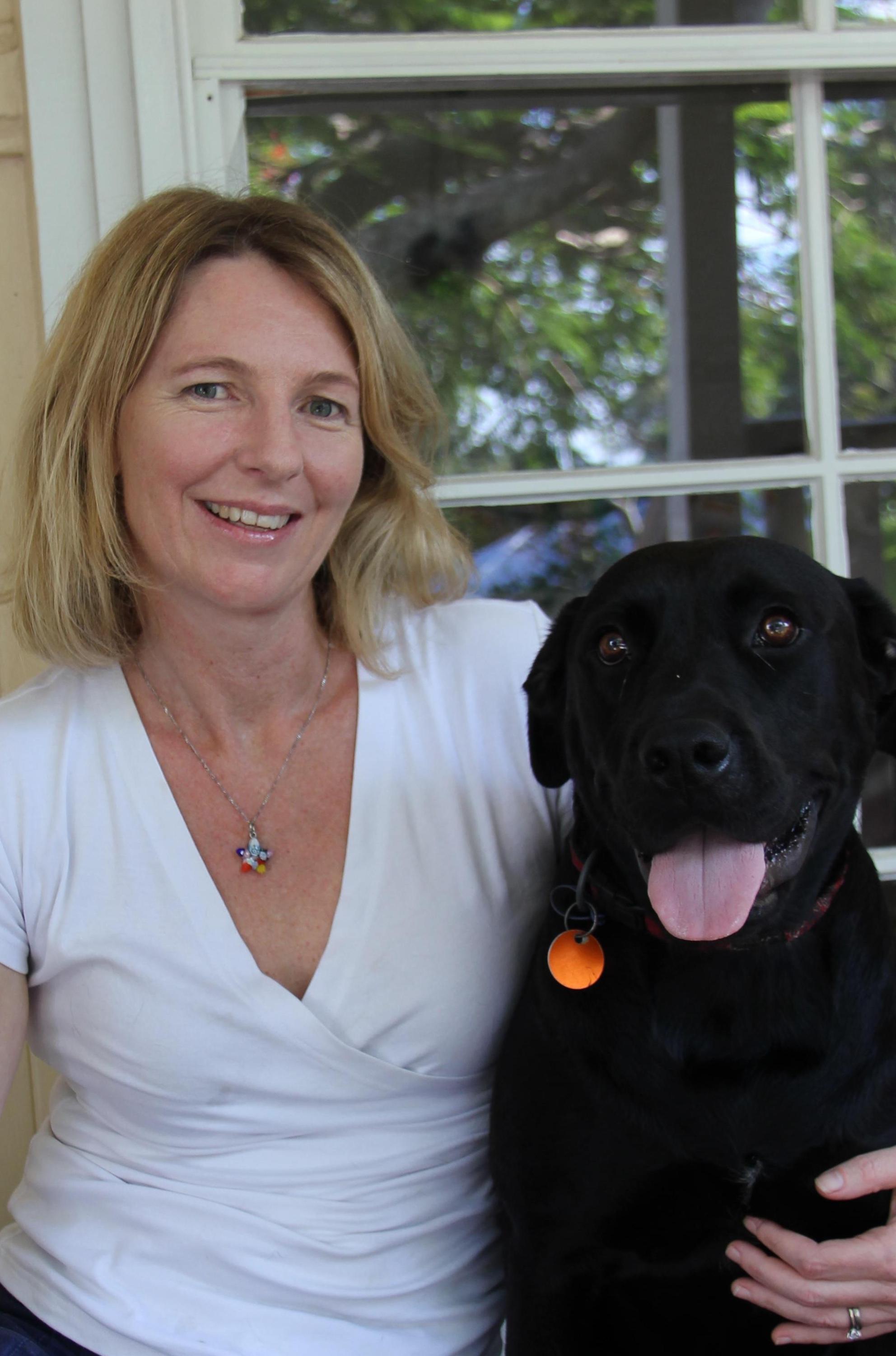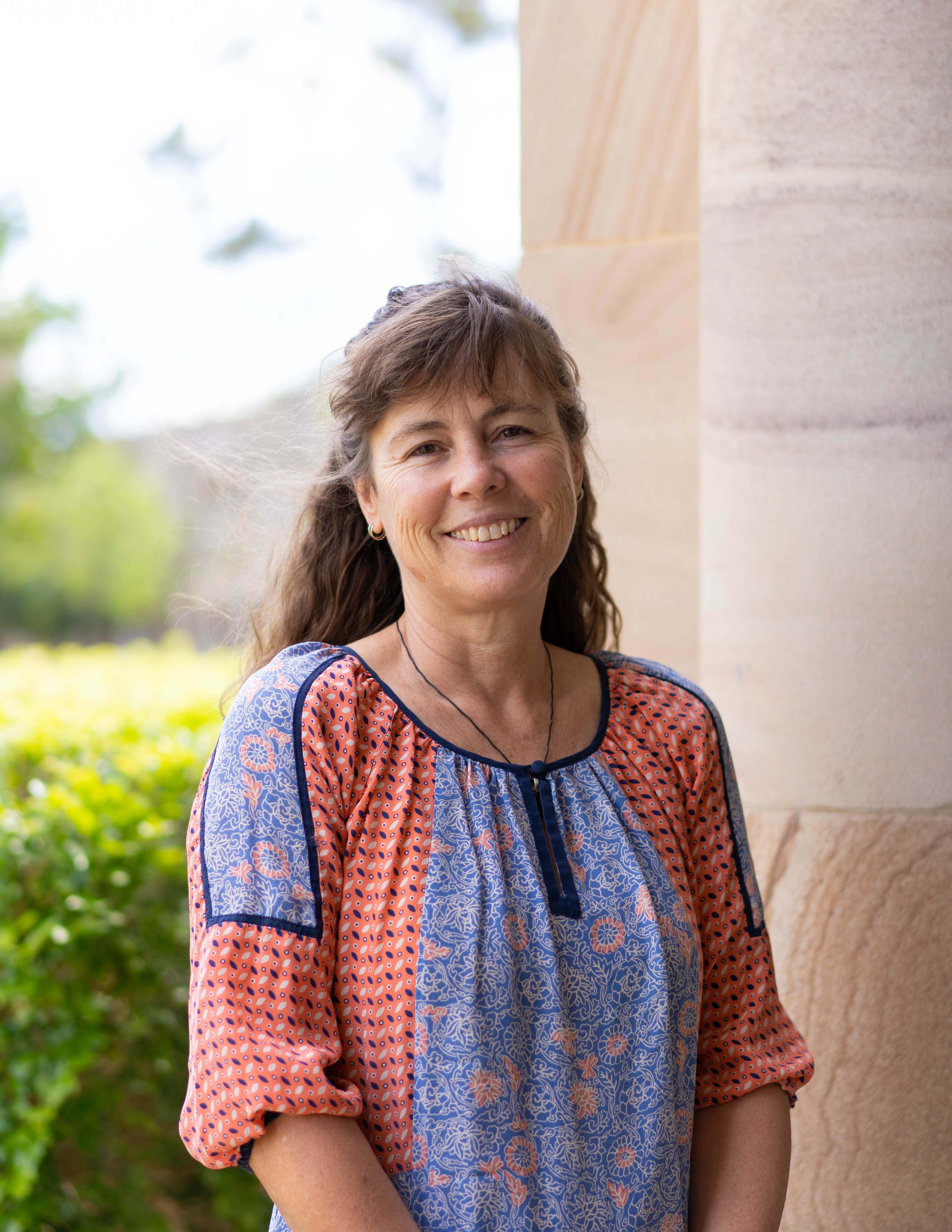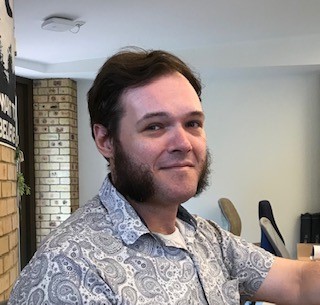How an Academic Skills Adviser can help
If you want to make an appointment to see an Academic Skills Adviser, here's what you need to know.
Academic Skills Advisers can help you develop the study skills you need for university.
Appointments work best one on one, but if you have a group assessment and want to discuss it together, you can bring your group to the appointment.
Before you make an appointment
Before you book in to see an Academic Skills Adviser, we recommend attending some of our free learning workshops. They'll help you develop key study skills, including writing, presentation and exam preparation.
What to bring to your appointment
On the day of your appointment, remember to bring:
- your task sheets, criteria sheets, assignment rubrics and course profiles
- your assignment or plan (either digital or printout).
If you have draft or text to discuss
If you plan to discuss your writing/a text during the consultation, please be sure to follow both steps below:
- Email the relevant adviser your draft/text and the task requirements before the consultation (Please use the relevant Academic Skills Adviser's email address from the list on StudentHub).
- Attend the consultation with either a hard (paper) copy of your draft/text or electronic access to it on your laptop or tablet.
How an appointment can help
Academic Skills Advisers
Our advisers assist undergraduate and postgraduate students in all programs to clarify ideas from workshops and develop their study skills. They will provide you with feedback on assignments and help you develop effective reading, writing and time management strategies.
An appointment with an Academic Skills Adviser can help you:
- develop your reading and assignment-writing skills and manage the research process
- adapt to HDR (Higher Degree by Research) studies
- gain feedback on your first few assignments before you submit them
- clarify assignment expectations and help you plan
- develop skills introduced in workshops you're unable to attend
- interpret and use feedback from lecturers, tutors or supervisors
- prepare for exams, tackle specific subject-related issues and avoid procrastination
- develop your numeracy skills (enquire at sslearningdev@uq.edu.au)
- manage any problems arising with lecturers, tutors or supervisors in a confidential manner
- develop your use of academic language skills.
Academic Skills Advisers don't provide:
- proofreading services, including grammar and spellchecking. You can find a proofreader through the UQ Student Union.
To make an appointment with an Academic Skills Adviser
Meet the Academic Skills Advisers

David Rowland
Academic Skills Adviser
I joined Student Support and Wellbeing Services as an Academic Skills Adviser in the last millennium, so that either makes me old or very experienced! I initially aimed to be a physics / maths teacher, and was a maths lecturer for six years before becoming an Academic Skills Adviser. This quantitative background means a particular interest of mine is helping coursework and research students develop their statistical literacy. However, I have broad interests and a love of reading and teaching mean I also greatly enjoy working with students to develop their oral and written communication skills. Outside of uni, I could be characterised as a Whovian, and when an undergraduate designed and built my own model TARDIS console room.

Eva King
Academic Skills Adviser
Prior to joining UQ, Eva worked as a veterinarian for many years before becoming a clinical communications skills coach for veterinary students at UQ. This experience sparked an interest in the learning sciences and International Student Education, and prompted her to do a PhD in this field. Eva enjoys assisting under- and post- graduate students of all disciplines to develop their capacity to learn, along with the skills to communicate their knowledge and understanding to others in their assignments, theses or journal articles, powerpoint presentations, and of course exams. Her approach is to explore students’ existing strategies and then work with them to find ways to become more effective and efficient learners/academic writers.

Sheree Millen
Academic Skills Adviser
I have been involved in helping students to learn since 2000, when I completed my first teaching qualification. Since then, I have worked in universities and colleges in Australia, New Zealand, the UK, Indonesia, and Japan. My own educational background is in Arts and Humanities - Applied Linguistics and International Development. I enjoy the role of Academic Skills Adviser because my particular interest is in assisting students to flourish in their studies as well as to achieve their educational goals. When I am not at work, I am running trails, swimming at the beach, or relaxing with my cat and a good novel.

Kevan Jones
Academic Skills Adviser
I am a UQ Academic Skills Adviser, specialised in tertiary academic skills development. My priority interests are effective study and research communication - especially public speaking. I have a Bachelor of Science in Plant Science and a PhD in Agricultural science, both from UQ. My speciality was plant pathology, specifically fungal diseases. My doctorate was on fusarium wilt in bananas. During my PhD, I was a tutor, lab demonstrator and occasional course co-coordinator. Through this, I discovered my true love for teaching. I am a firm believer in the power of higher education to drive a fairer, more informed & equitable society. Outside of work, I am both a Morris dancer and folk musician (button accordion).
